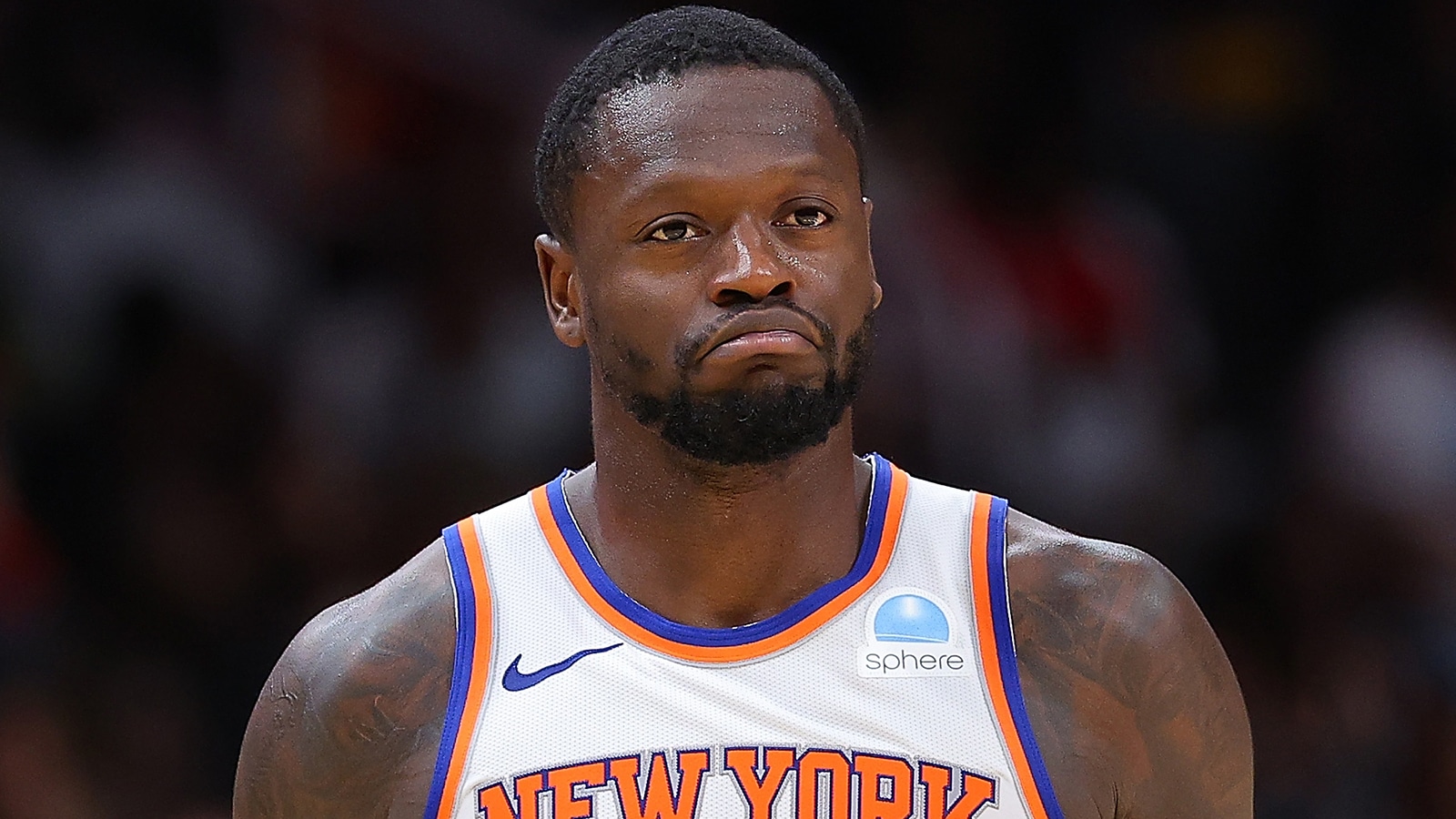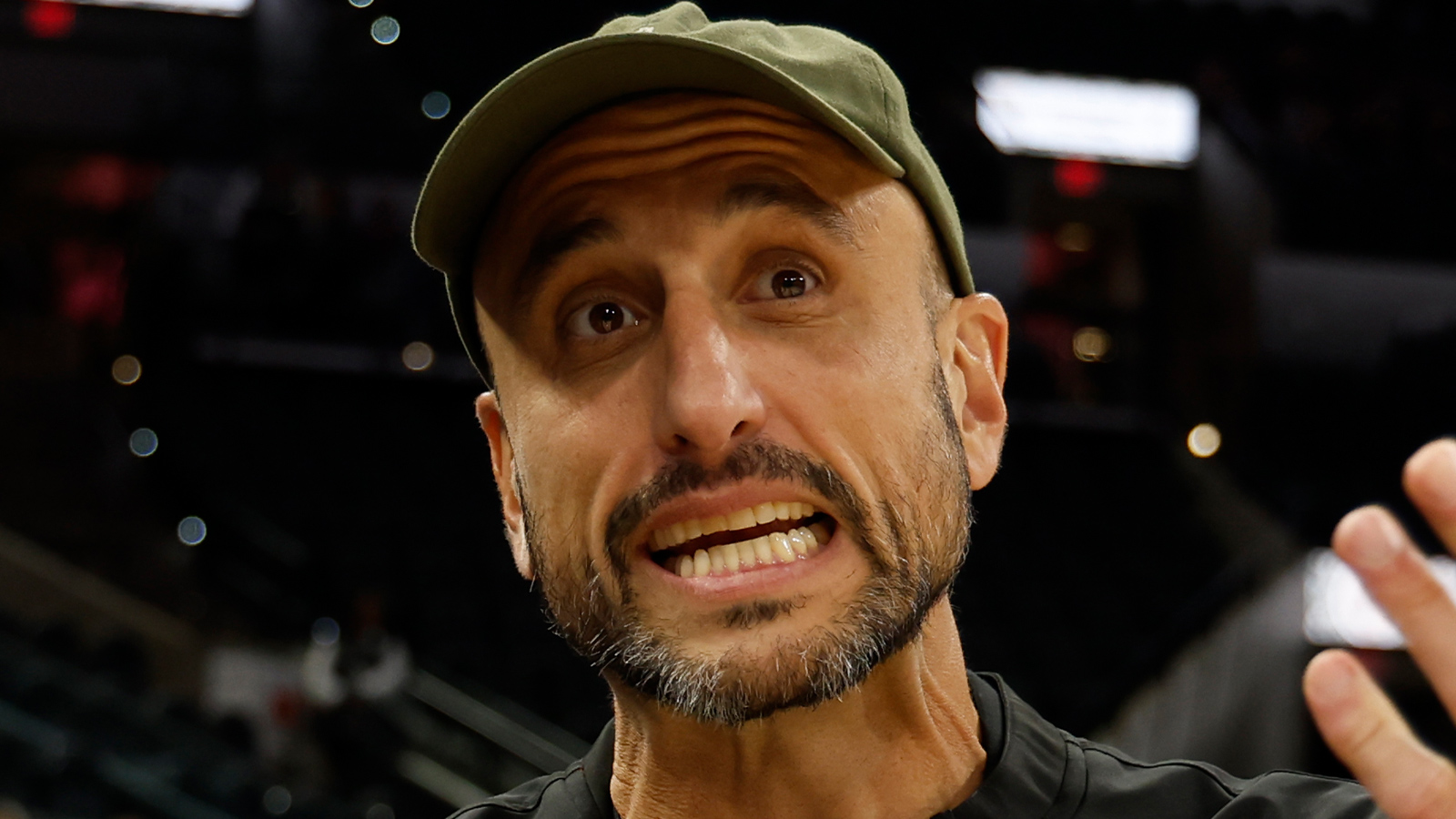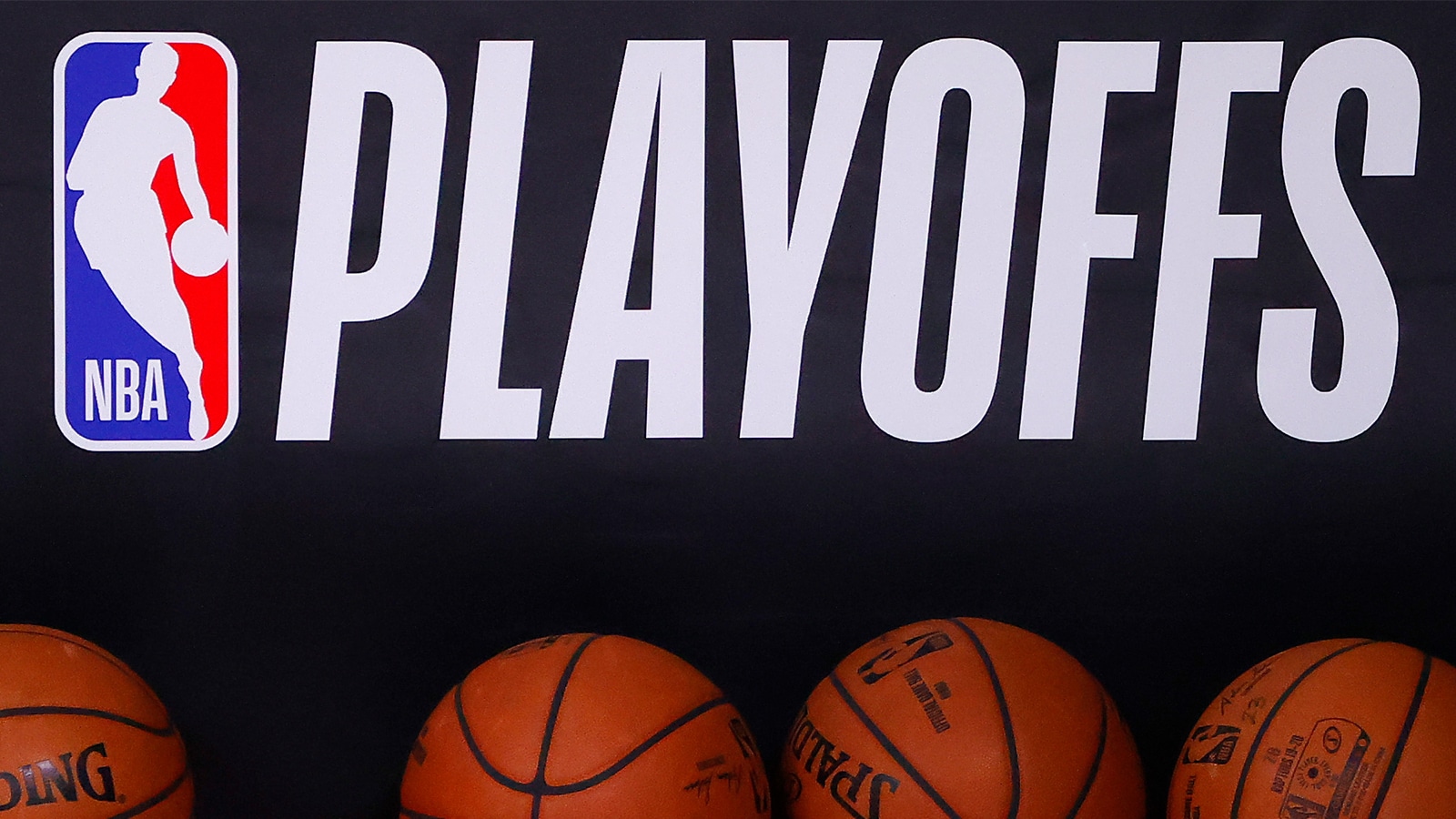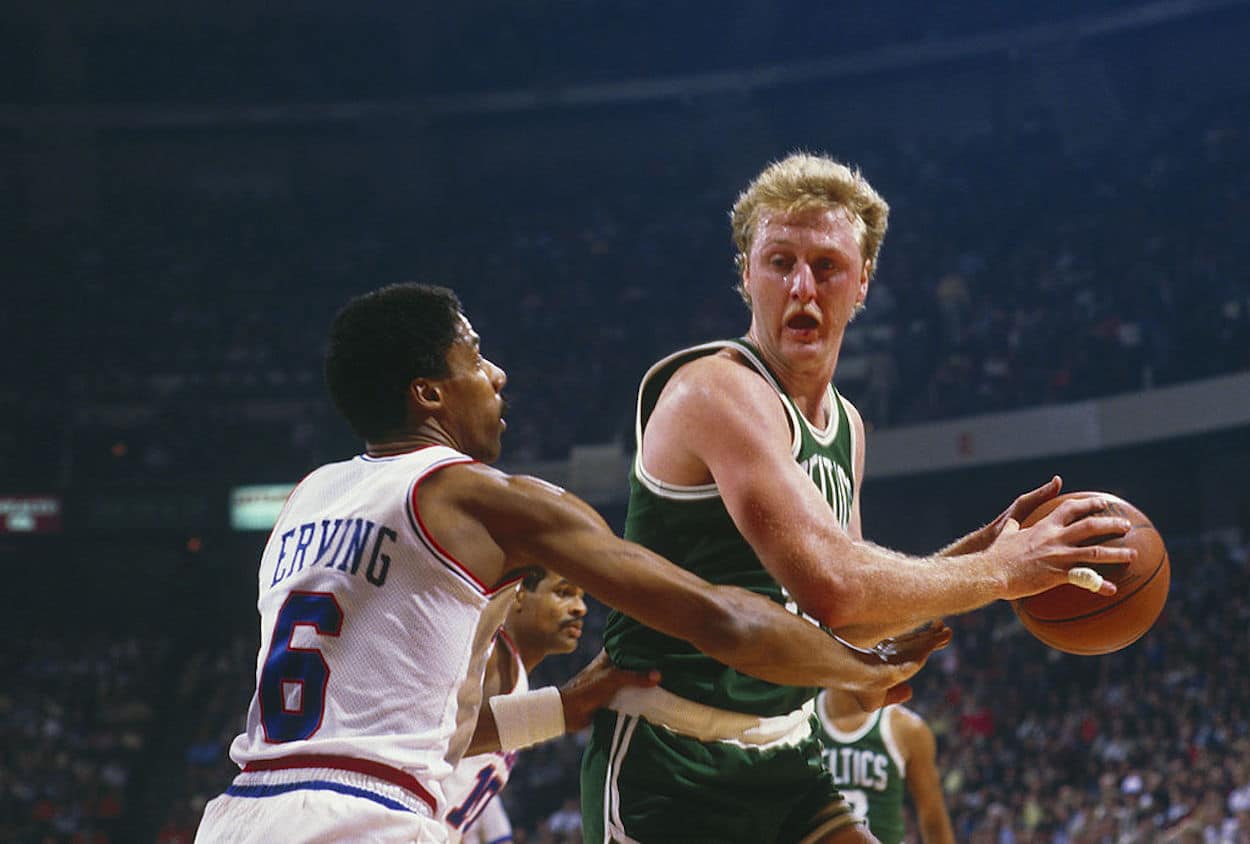
Larry Bird Immediately Shut Down ‘Great White Hope’ Comments After Landing In Boston
While he wasn’t the most physically intimidating guy around, Larry Bird wasn’t someone to mess with. Whether you encountered him on the hardwood or in the streets of Boston, the Celtics star had the utmost confidence in his abilities. Larry Legend knew exactly who he was and what he was going to do. You weren’t going to change that, no matter who you were.
That swagger had plenty of obvious benefits — consider the Celtics’ success during the 1980s — but there was also a positive that took place behind the scenes. Thanks to his combination of skills and confidence, Bird shut down his teammate’s potential use of a race-related nickname.
Let’s travel back in time and see how the three-time MVP got it done.
Cedric Maxwell called Larry Bird ‘the Great White Hope,’ but the forward quickly proved he belonged
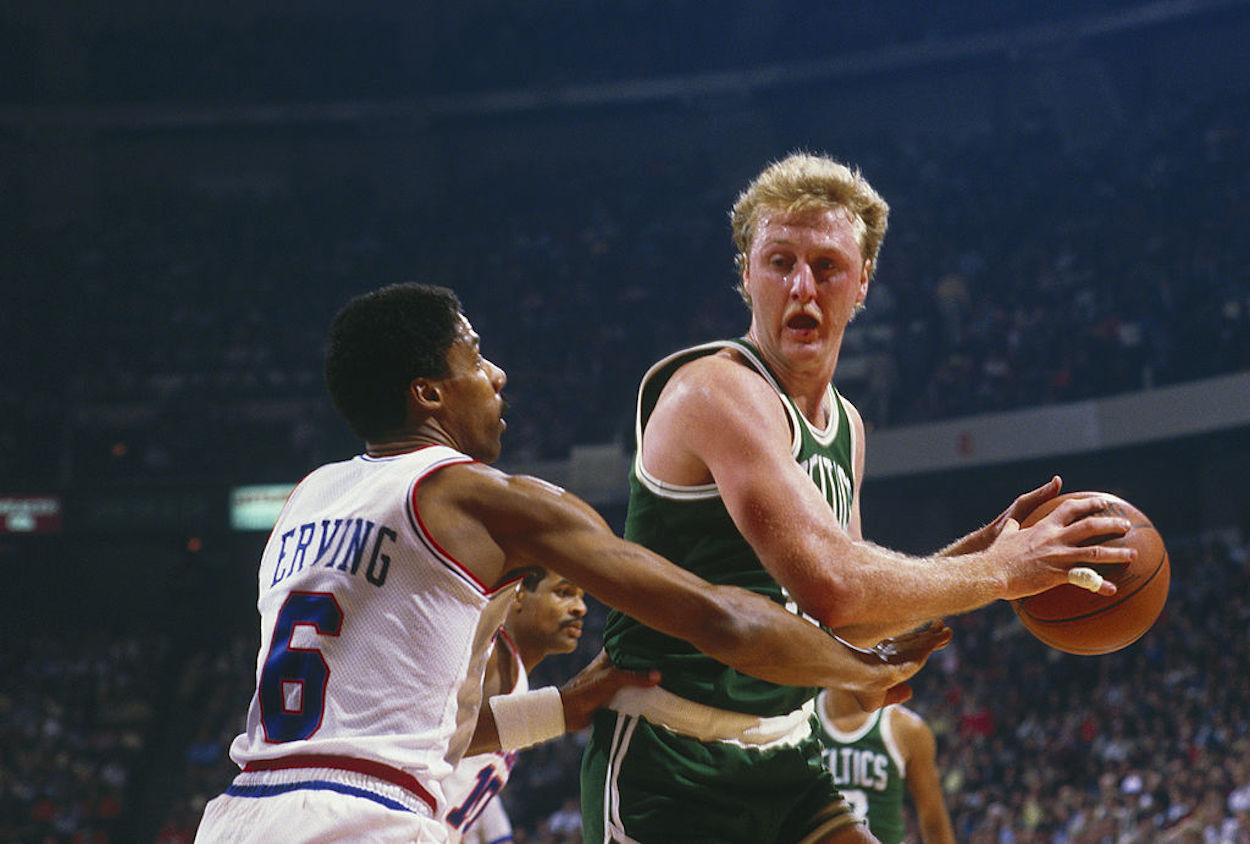
As a white basketball player rising to prominence in the 1970s, Larry Bird became known to some as “The Great White Hope.” That nickname had obvious racial tones, which never resonated with the forward.
“About the time of the first Sports Illustrated cover, the media and other people started calling me the Great White Hope,” Larry Legend remembered in his 1999 book, Bird Watching. “It seemed like a silly thing to me, but I never thought about it much. I wasn’t going to get caught up in it. Once in a while some guy on the other team might make a crack about it, but for the most part I ignored it.”
After being drafted by the Celtics and arriving in Beantown, though, things change. Rather than opponents needling Bird about his less-than-ideal nickname, it was his own teammates.
“So I walk into camp, and it’s my first day, and there’s Sidney Wicks and Curtis Rowe waiting for me,” Bird explained. “Cedric Maxwell, who was sitting with those guys, says, ‘Here comes the Great White Hope.’ I’m standing there thinking, ‘Oh no, not this stuff again.'”
Thankfully, the forward had the ultimate comeback: his game.
“Once I started playing and proving to them I belonged, I didn’t hear anything about the Great White Hope anymore,” Bird added. “That was true all through my first NBA season. Once I got on the court, I took care of the stereotypes. I was a basketball player. Period.”
With that being said, Bird wasn’t blind to the fact that his race mattered to some fans
While Bird may have been known as The Hick from French Lick, that didn’t mean he was a stupid man. If anything, he had an astute understanding of the way the world worked.
The forward may have shut down any talk about his race in the Celtics locker room and wrote that he “never understood why people made so much of race,” but he wasn’t blind to the realities of the world. He knew that, as one of basketball’s white stars, he’d receive attention from certain elements of society.
“I’m not naive,” Bird wrote. “I know some fans loved me even more because of the color of my skin. They can think what they want. My main concern was to make sure it was never an issue with my teammates, and, as far as I could tell, it never was. We never had one problem like that in our locker room during the 13 years I was with the Celtics.”
And while we weren’t inside the minds of every Celtic during that timespan to know if Bird’s assumption was correct or not, things seemed pretty positive from the outside. The club won three NBA titles with Larry Legend and, if the memories those stars have shared are any indication, the group shared a tight bond during those years.
And, if nothing else, Bird had plenty of other nicknames that rendered the Great White Hope obsolete. Just ask Cedric Maxwell about that.
